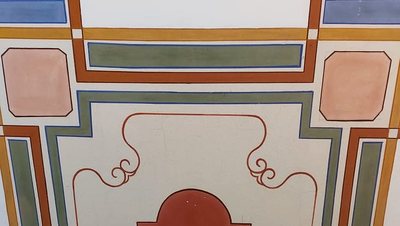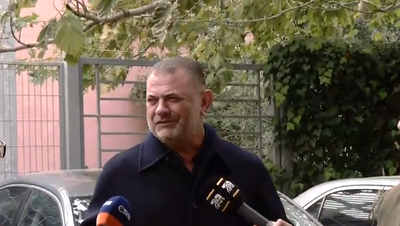
By Neli Demi
There is something almost tragic in the way Albanian politics repeats itself. Not in the idea, but in the mechanism of failure. At every threshold of opportunity to reform, it chooses to close the door for fear of losing control. And in this spiral of self-destruction, the case of Ermal Hasimja's non-selection as the opposition candidate for the Municipality of Tirana is the clearest example of what can be called "the unwillingness to do the right thing".
I do not know Mr. Hasimja personally, but as an avid reader of political and sociological analyses, I am drawn to his analytical style, his subtle and constructive irony, and a thread of constant integrity in his approaches. I confirmed these feelings during these days when his name was mentioned as the opposition people's candidate for the post of mayor, after I returned to his contributions of recent years to socio-political analysis.
Ermal Hasimja is not a politician, and that is precisely why he was the ideal candidate. He is a free thinker, a man who has built his public voice on reasoned criticism and intellectual independence, two qualities that make him incompatible with the logic of the political court. Instead of blind loyalty, he offers the integrity of the word and instead of a slogan, he offers the question that shapes the thought. But this is a trait that neither Berisha nor the structure that surrounds him can afford. He is a man who does not wait for permission to think, and who does not need power to be someone.
The non-support of Hasimja by Berisha's PD is not a political decision but a reflex of a sick organism. It shows that the official opposition is no longer capable of accepting either critical thought or representatives of public merit, but only those who recycle the old narrative of personal loyalty. In this sense, Berishism is not simply the name of a figure, but a way of thinking about power: an order where every independent mind is a danger, every reflection is read as an attack, and every idea that cannot be controlled becomes a threat.
The confrontation would have been a final test of sincerity: if Berisha really wanted to show that he understood what had gone wrong with the opposition, this would be the moment to prove it. But, as in a familiar ritual, he once again chose obedience over vision, the court over the city, control over culture.
Hasimja's candidacy, even without being realized, showed that there are still figures who understand politics as a civic act, not as a personal victory. It represented an opportunity to reopen the debate on the very way we conceive of being an opposition: not as a reaction against, but as an inward reflection.
Therefore, his rejection is not simply a tactical mistake. It is evidence of the existential fear of a world that cannot coexist with freedom of thought. And in this sense, this was Berisha’s “last chance,” not to win a municipality, but to save something from himself.
He lost that too. Because to do the right thing, you must first be ready to stop being the same.






















